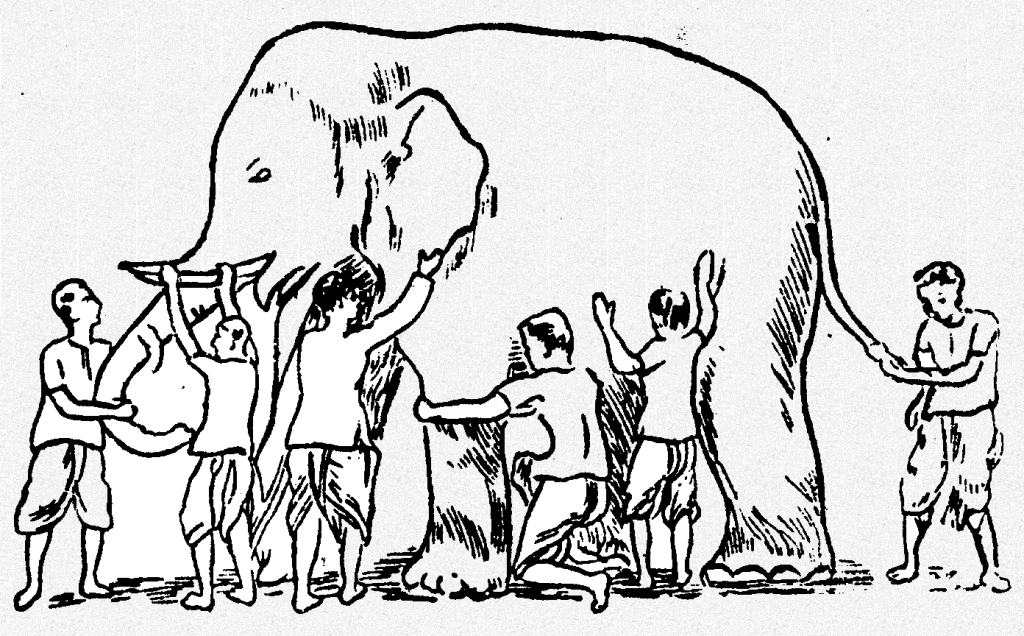Not all Christian schools provide the type of education discerning parents desire for their children.
Historian Mark Noll, in his book, The Scandal of the Evangelical Mind, assesses contemporary Christianity and finds that it has “failed notably in sustaining serious intellectual life.” As part of this general decline, sadly, the educational models erected by Christians over the last century have emphasized pragmatism and utility. At its best, Christian education has asked, “Can my children be equipped to share the gospel?” At its worst, Christian education has asked, “Can this education get my children a lucrative job?”
At Providence, we are part of a national resurgence committed to Classical Christian schooling because we believe it offers a more satisfying, holistic alternative — the very best type of Christian education. The classical model of education addresses Noll’s concerns and has been a catalyst toward the recent intellectual renaissance within Christianity.
Most of us continue to enroll or work at Providence because we see the results of a classical, Christian approach. We’ve learned that Classical Christian schools seek to equip their students with a rich, Biblical perspective fully integrated with the intellectual tools to cultivate the life of the mind. We believe such students will be able to address the concerns of contemporary society because of their deep understanding of history, literature, and language. We see them engaging with the pressing questions in science and technology by applying theological and ethical knowledge.
But, even if you have been at Providence a while, can you articulate just what it means that Providence is a Christian AND classical school?
Andrew Kern, founder and president of the CiRCE Institute, an organization working to support classical Christian education, says even classical educators may struggle to offer a precise definition. “Classical education is something much more than the trivium, or the great books, or ‘the way education used to be done,’” he writes. “Classical education… is the cultivation of wisdom and virtue by nourishing the soul on the Good, the True, and the Beautiful.”
Wisdom and virtue, we know, are fully realized in Christ alone, and so the goals of classical education can only be fully realized in a Christian context.
If you want to better understand what we are about at Providence, and why being Christian AND Classical matters, take a few minutes to read Kern’s brief article here: What is Classical Education?
by Dr. Patrick Egan
* Each year Providence offers free Classical Education Classes which are required for parents of new students and open to returning families as well. Join us this year on two Tuesday evenings, September 1st and 8th at 7pm, for a more in-depth discussion of these questions.


